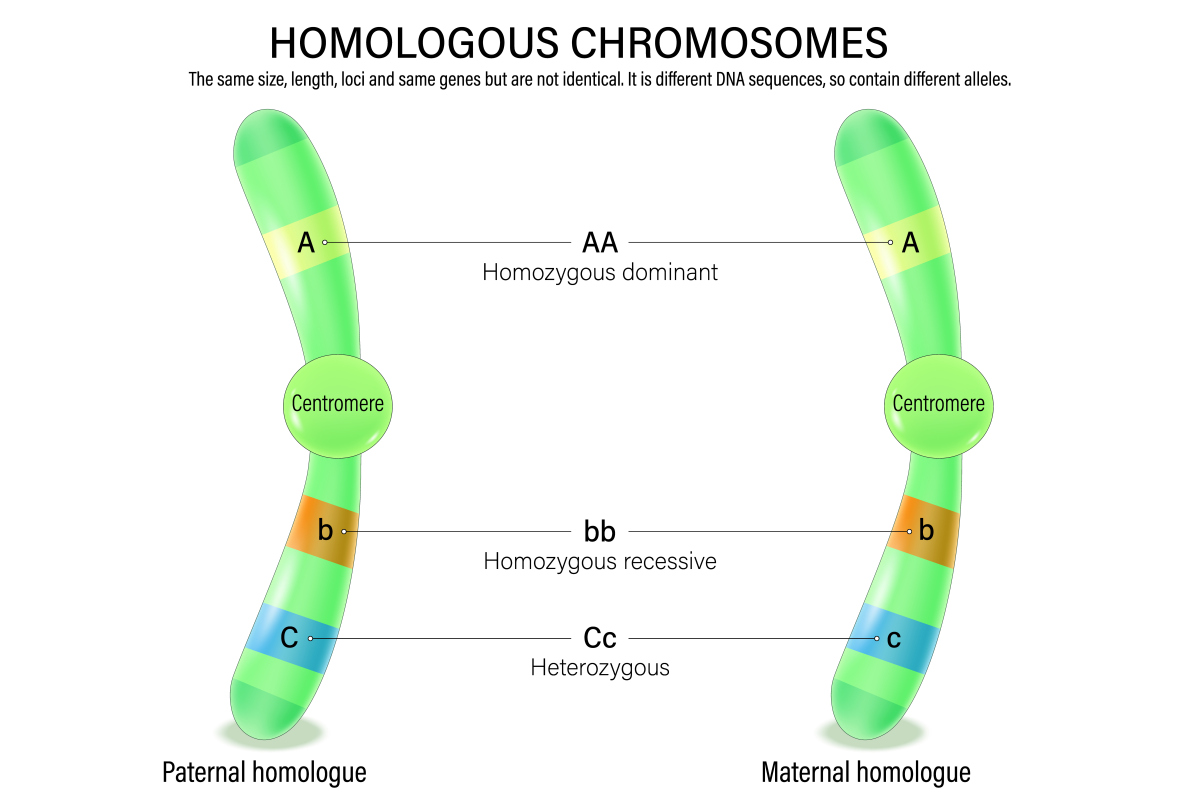mitochondria-ROS--T-cell-activation
Mitochondria are organelles responsible for energy production in cells, and they also play a key role in the regulation of cell signaling pathways. Reactive oxygen species (ROS) are molecules produced by mitochondria during cellular respiration, which can act as signaling molecules to regulate cellular processes.
T cells are a type of immune cell that play a critical role in the body's immune response. T cell activation is a complex process that involves the recognition of foreign or abnormal cells, followed by the activation of signaling pathways that lead to the production of cytokines and other immune molecules.
Recent research has shown that mitochondria-derived ROS play an important role in T cell activation. ROS can activate signaling pathways that promote T cell proliferation and cytokine production, and also regulate T cell differentiation and function. However, excessive ROS production can also lead to oxidative stress and damage to cellular components, which can have negative effects on T cell function.
Overall, the balance between ROS production and scavenging is critical for optimal T cell activation and function, and targeting mitochondrial ROS production may be a potential strategy for modulating T cell responses in various disease contexts.

原文地址: http://www.cveoy.top/t/topic/l3i 著作权归作者所有。请勿转载和采集!